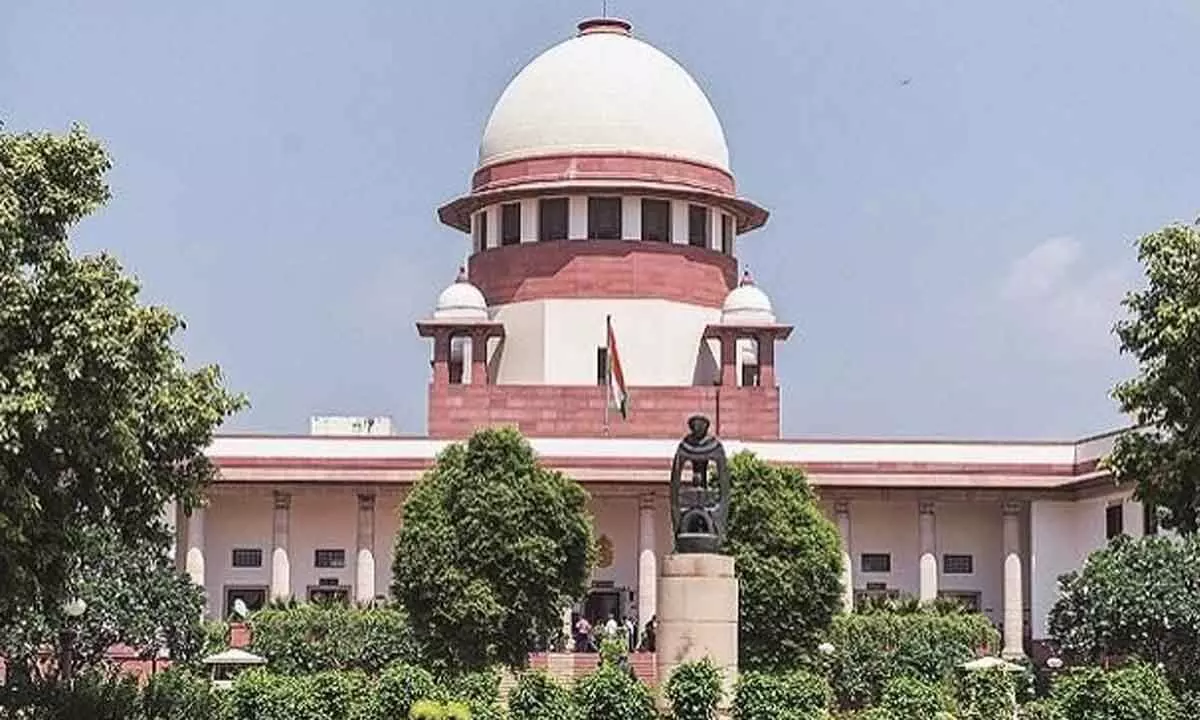Supreme Court strikes down Benami Law

Supreme Court of India
Rules it cannot be applied retrospectively
New Delhi: The Supreme Court on Tuesday ruled that the Benami law can only be applied prospectively and not retrospectively, and held section 3(2) of the Act "unconstitutional".
Several businesses have been awaiting this verdict on the Benami Transactions (Prohibition) Amendment Act, which came into effect on November 1, 2016.
The apex court held that there is only prospective effect of the 2016 Act and, thus, all the actions taken before the amendment are set aside.
Section 3 of the Act, which the court held "unconstitutional", says any person who enters into any benami transaction shall be punishable with imprisonment for a term which may extend to three years or with fine or with both. The Bench, led by Chief Justice of India NV Ramana, delivered the judgment following a plea preferred by the Centre against a Calcutta High Court order holding that the 2016 Amendment Act was prospective in nature. The copy of the judgment is awaited.
The new Act expanded the definition of the transactions classified as benami and imposed stiff penalties that put many firms and individuals under the scanner as it had been used retrospectively.















